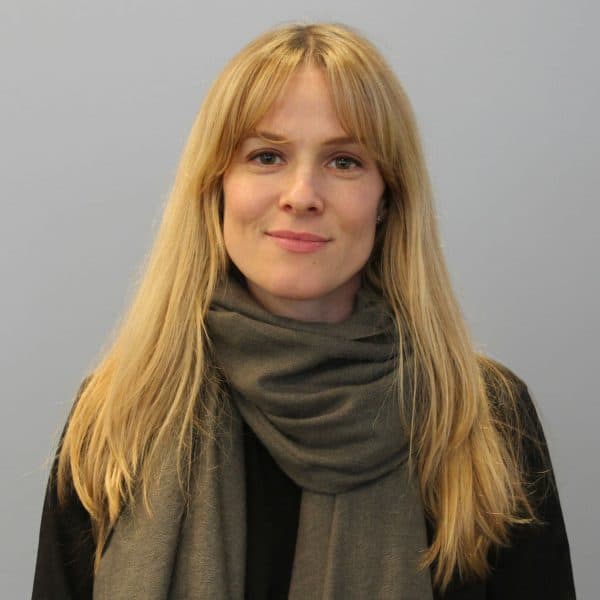Advertisement
Your Stories
'Everything Is Up For Grabs': Welcome To 'The COVID Year In Education'
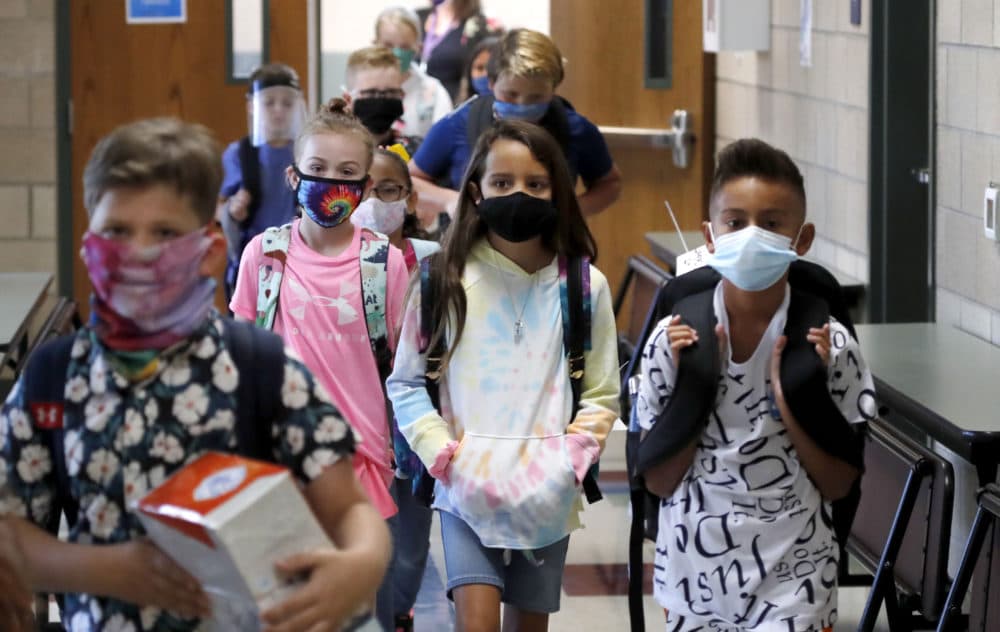
Over the past several months, we’ve been following the vigorous debate about whether or not, or how, to reopen schools. As working parents, we have a stake in the issue — for the foreseeable future, teacher has been added to our lists of responsibilities.
School is a mainstay of American life — it’s one of the ways we mark time and organize our days — and now it, along with so many other things, has been completely upended.
Before the pandemic, many of us had a greater sense of control; a notion that certain actions would generate predictable outcomes. But the experience of the last several months has reminded us that any sense of control was only an illusion. The world is always capable of rearing up to turn things upside-down. It’s one thing to understand that in the abstract; it’s quite another thing to live it every day.
We wanted to better understand how this uncertainty is affecting people. So we asked our readers and contributors — parents and teachers, students and administrators, physicians and epidemiologists — to tell us how they’re managing. Hundreds of people shared their experiences. What follows is a collection of their words.
We don’t have many answers to offer up, but we do hope you’ll feel the salve of connection.
The Atlantic’s Adrienne LaFrance wrote recently: “All along, this disaster has been simultaneously wholly shared and wholly individualized, a weird dissonance in a collective tragedy that each person, each family, has to navigate with intricate specificity to their circumstances.”
In other words, we're all in this together — and apart.
-- Cloe and Frannie
----
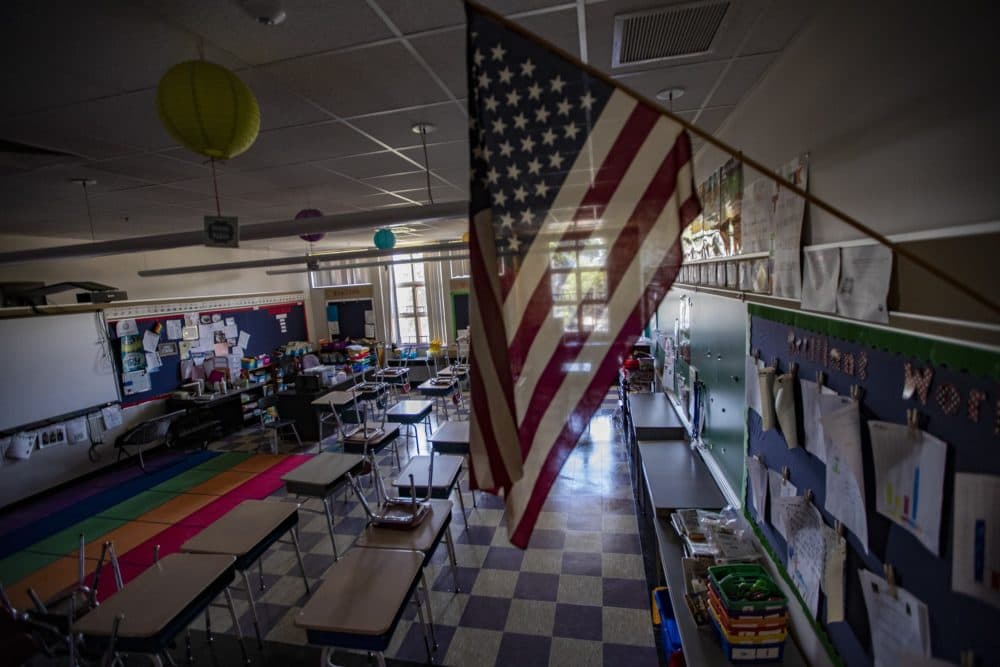
Making decisions, when the spectre of death is all around
Right now, we are living in the middle of what I would call a COVID forest fire. And it's hard to think about making sound and rational decisions about something weeks to months down the road when you're in that kind of setting. But we need to. I think it's really important that we look at this next year as kind of our COVID year in education. That means that we're going to do things in ways we never imagined in terms of how we educate our kids, how to respond to what's happened in our communities and how we anticipate what might happen next. And even though it's hard to talk about, we have to understand this is not going to be normal. We need to hold ourselves to be accountable, to get through this with as much grace, wisdom and as much fortitude as possible. — Dr. Michael Osterholm, director, Center for Infectious Disease Research and Policy, University of Minnesota
People with more advantages can fare better with the restrictions, and those who can't will wind up paying the higher price with their lives. This is not hyperbole. People who can afford to homeschool or pay tutors will not have to risk their kids. — Michelle, Burlington
Advertisement
I am thankful that my husband and I both have stable jobs. I worry about the unknown of this disease and if we or other loved ones get sick. What if we get sick? Who will watch our children? -- Sharon Goyette, Shrewsbury
I think it's really important that we look at this next year as kind of our COVID year in education.
Dr. Michael Osterholm, epidemiologist
I feel like we went through this period this spring where it felt like nothing could be scarier than being told to stay in your house as much as possible. But we've actually entered this new phase where we're all being tasked to make our own risk calculations and decisions about a pandemic that's really still far from under control. I think one of the things that's making it really hard for parents is that there's no universal formula to making a decision about school — factors around your own local infection rates, school board politics, your family's economics, your mental health, your kid's mental health, issues around learning lost, your kids age and their affinity for online school all of this creates a really complex personal matrix.
I've definitely been hearing from a lot of mothers who are feeling really judged and shamed around their choices, and feeling like they have no good options. And I personally want to see all of us — instead of judging and shaming each of her — train our fire towards the people that deserve it, which is the government and the societies and the businesses that have completely failed us as families. This is a massive public policy failure. It's not about individual choices. And we have to move beyond this sense that it's every family for themselves and therefore we should judge other parents for their choices. — Katherine Goldstein, creator and host of “The Double Shift” podcast
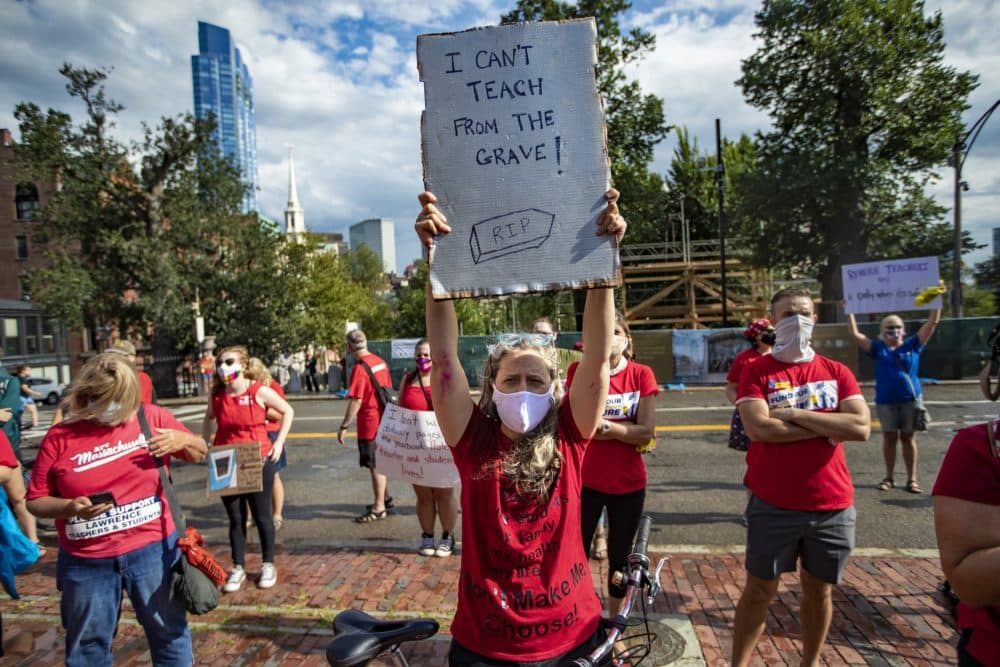
Teachers are not expendable — especially Black teachers. I'm afraid of COVID killing my family. My brother has it now and three of my uncles died this spring. — Laverne Mickens, Springfield
If I could snap my fingers and be in a world where full in-person learning could happen, I would do it. I just think the most important thing right now is that we all be safe. We can do pretty good remote learning if we work on it, and we can catch the kids up on the other stuff when this is all over. If any of us dies, though, there is no fixing that. -- Allison, teacher, Boston
I quit my high-risk job to stay home with my children. They both suffer from asthma and allergies and are considered to be high risk … I am not willing to let my child be a part of this experiment. I have withdrawn my child from public school and have purchased curriculum materials out of pocket to homeschool my children for the foreseeable future. -- Makenzie Manchester, Plymouth
This is a massive public policy failure.
Katherine Goldstein, The Double Shift podcast
Teachers are scared. We are scared for our lives. We have been trained to defend your child against an armed intruder. That risk is microscopic compared to the real risk of contracting COVID. This is too much to ask. -- Sarah Marie Jette, Belmont
I worry that my kids will forever associate uncertainty with tragedy. If one of us coughs, my older one worries we have the virus. We love our school and we don’t want our teachers in an unsafe environment any more than we want our kids there. I worry that all these pods I see being formed or requested on Facebook will really escalate income inequality. Mostly I just worry all the time. -- Kristen, Framingham
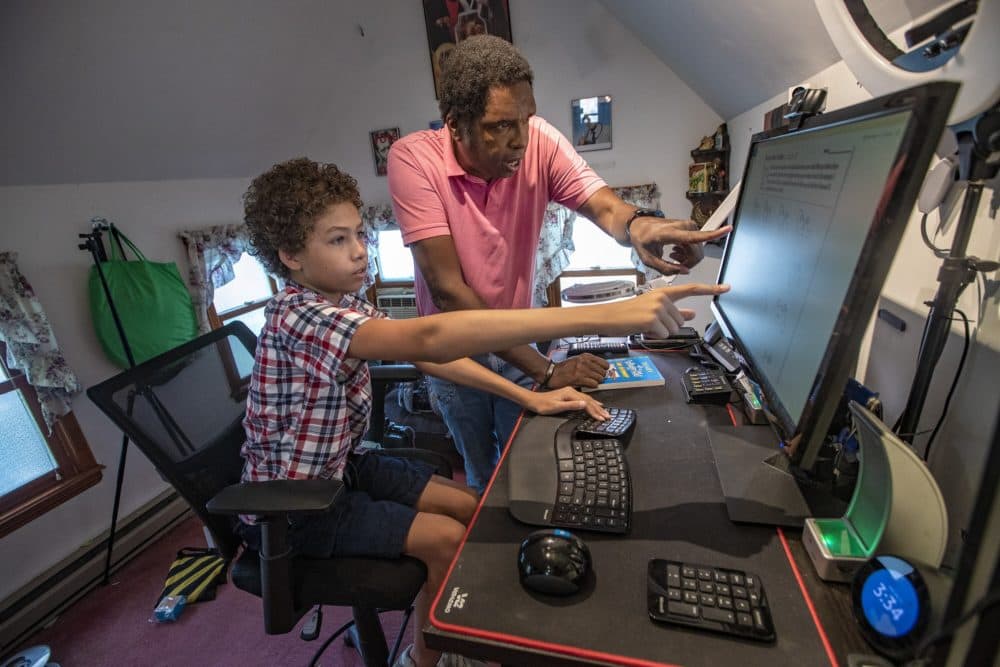
Struggling to balance work with full-time parenting, and no end in sight
I think the uncertainty that we're facing at the moment is really making decision making incredibly challenging. Part of what's hard about the uncertainty, is it feels like the questions we're asking are just what do I do? But the question “what do I do?” is too vague to make a decision about. What you really have to think about is should I do A or should I do B? What are your atual two choices or three choices or four choices? And once you say what those are, sometimes it becomes very clear which of them you need to do.
Another part of what's hard about this is that really none of these decisions feel right. So you never end this decision thinking, oh, boy, that's great. All of the decisions that we have right now are kind of in what economists would call the second best. The best thing you can hope for is that you feel good about your decision process. — Emily Oster, economist, Brown University, author, “Cribsheet” and “Expecting Better”
I am not willing to let my child be a part of this experiment.
Makenzie, Plymouth
I have made a decision to be 100% open that I'm raising twins with everyone who I work with. I have to be very clear about what hours I work, and about what I'm dealing with. I would bring up family life with friends and close colleagues before, sure, but I wouldn't mention it in most meetings. Now I try to work it in, because I'm realizing that work doesn't exist in a vacuum. For everyone, whether they have kids or not. I want there to be a cultural shift where talking about these life pressures that affect our work is OK and normal. — LK, Dedham
Single mothers like me are very hit hard. Initially, my workplace would not allow faculty to teach from home unless they had their physicians fill out [a request for accommodation under the] Americans with Disabilities Act. There was no plan for parents with young children, and there still isn't. In the U.S., children are considered private property and a private problem, rather than future citizens who will populate our workforce … Because we have no public child care, school is conflated with daycare … We devalue care giving in every setting and make those individuals who provide this vital work suffer social stigma and economic insolvency. --- Mary, Sherborn
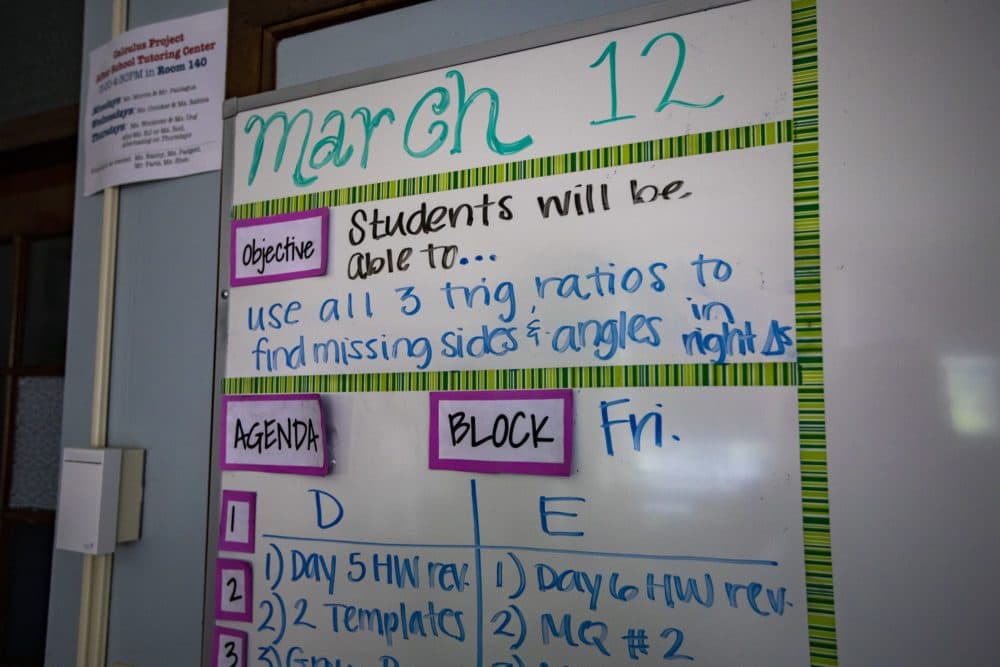
Concerns about what the pandemic will do to further educational inequity
Obviously, superintendents are in a bad place when it comes to reopening schools. There's really no good decision. But in my case, and looking at our infection rates, the best decision for us is about safety. I think the hardest part in making the decision to start the school year remotely, is what happens to our students. School is a safe place for many of them — it's where they eat, receive services ... I'm concerned about their well-being. — Almi G. Abeyta, Ed.D., superintendent, Chelsea Public Schools
One common narrative that I hear repeated is that we are living in unprecedented times. But when we look to history, there is a strong and reliable precedent for our Black and brown students who have been asked to navigate through under-invested school systems. Just last year we had to rally and fight just to get a nurse and a counselor in every school building. So, yes, there is a precedent of the most vulnerable not getting their needs met. For me, it's simple. We should reopen only when it is safe, not one more life should be lost because of bad policies that fail to take the most vulnerable into account. — David Jones, humanities teacher, Boston
We have been trained to defend your child against an armed intruder. That risk is microscopic compared to the real risk of contracting COVID.
Sarah Marie Jette, Belmont
I live in Boston and I'm the mother of a 1-year-old. My mother was a single mother of three, with limited education and English language skills. Uncertainty was a part of our lives and we wondered about things like — will we live in the same place next month or year? So, this moment of uncertainty feels oddly familiar to me … I can manage uncertainty through resources for my family and for my child. But I know many families don’t have resources at their disposal, and their uncertainty is about basic things like their food and shelter and their child's learning and opportunity in life. I’m worried about our ability to meet the needs of students and families. — Sarah Iddrissu, executive director, Educators For Excellence
All I can think about is the inequity in all of this, and how our country has failed to protect and serve its people. The gap will grow, the wealthy suburbs will find a way to make this work, while my own school couldn’t get soap last year ... how will we be safe this year? -- Becky, Woburn
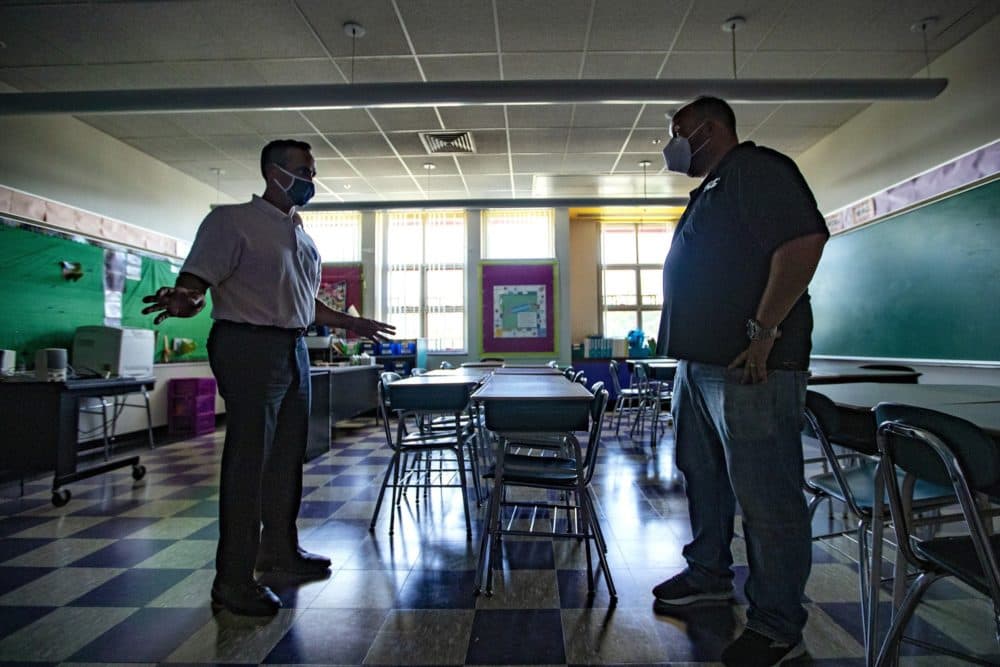
Concerns about continued social isolation and the quality of education
My oldest child wants to go back to school badly. How do we weigh her emotional well being against the medical risks of the family? It's an impossible choice. -- Curie Chung, Natick
I am afraid my son, an only child, is very confused and lonely and will suffer if school does not go back in person. He has been up at nights crying. He needs to know where I am at all times. He is suddenly afraid of everything — the dark, the wind, the unmasked kids in the playground. We have a lot of fears these days. -- Samantha Wick, Reading
The gap will grow, the wealthy suburbs will find a way to make this work, while my own school couldn’t get soap last year.
Becky, Woburn
Every Sunday night my wife and I sit down with a giant white board and map out the week, blocking off work meetings, Zoom piano lessons and socially distanced play dates, figuring out when we’ll need my mother in law, abuela, to come watch our two boys. Our district still hasn’t decided whether to go hybrid or remote in the fall, but either way I know we’ll work it out week by week, and we’ll get through. What keeps me up at night is the thought of the students and families I’ve worked with over the years: single parents hustling to keep food on the table, kids with learning needs that can’t be met through a screen. If it’s this hard for us, I can only imagine how those with less privilege are surviving. And I know that, no matter what school looks like in the fall, the most vulnerable among us will continue to struggle. It is our work, now and for years to come, to bridge that gap. — Adam Stumacher, author and educator
Building reading skills early is so important to school success, but high-quality instruction isn’t on the kids’ menu this fall. So, if I had young ones at home, I’d lower my expectations for formal learning, and remind myself that lots of essential reading skills build up when children are just in good conversations, going back and forth — Joan Kelley, founder, Abound Parenting
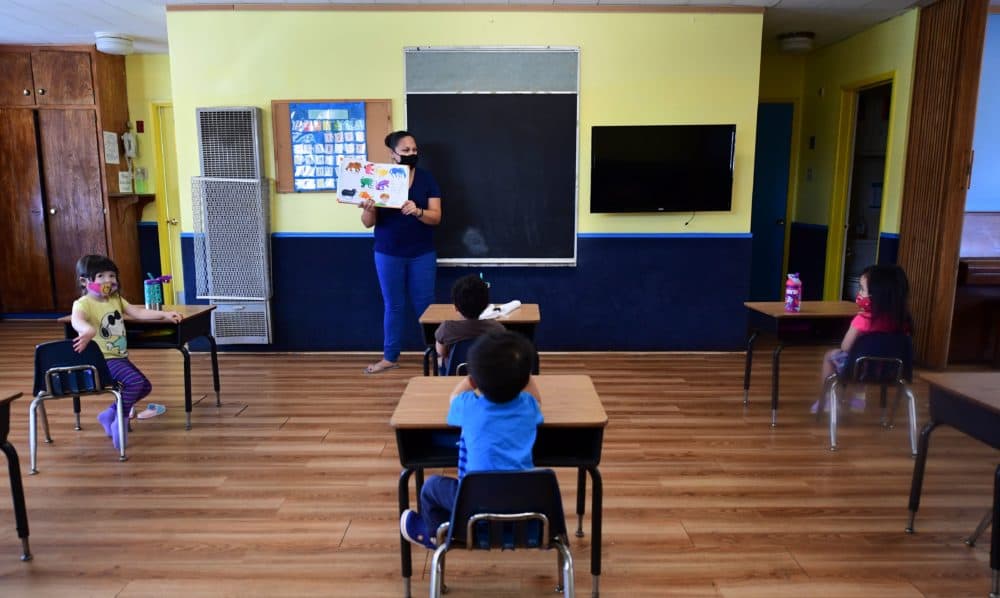
Uncertainty is extremely difficult for teachers. It is impossible to plan for the undecided and as a result, we’re just left to worry. It seems pretty clear that whether we start remote-only or not, we will probably end up that way. I feel like this time would be better served making remote-only education better rather than trying to come up with multiple plans that will ultimately be short lived. -- Amelia Afolayan, Boston
I think our young people today live with more anxiety than any generation in our history; spending 6 hours in one seat with rigid rules restricting movement and interaction may exacerbate rather than alleviate the emotional distress of this particularly difficult time. -- JC, Andover
I told my daughter last week: "This year is about learning to cope with not knowing. That’s your job in fifth grade."
Sara Shukla, writer
What keeps me up at night is the thought that 5-year-old kindergarteners will be forced to sit at desks all day and not interact with their peers. This is developmentally inappropriate and goes against all that we know about educating young children. -- Heather Peterson, North Attleboro
As an arts educator, I worry that COVID is an existential threat to the survival of cultural institutions especially live music and theatre. -- Matt Harden, Whitman
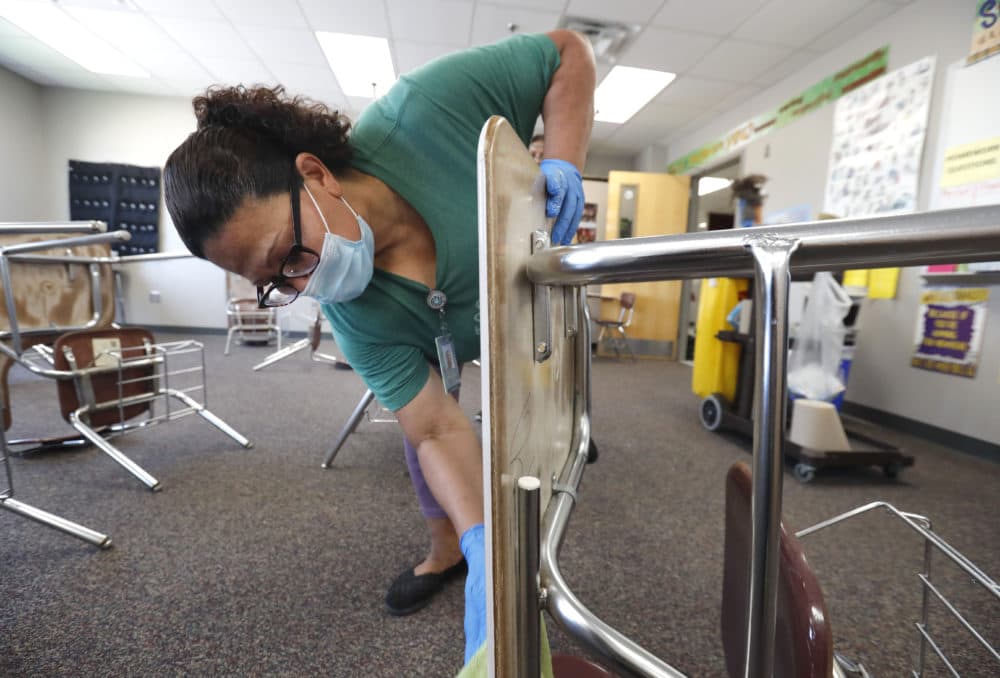
Lots of people are wondering how they’ll manage childcare for their children
I hired a babysitter with three possible job descriptions — her official title is “teammate.” If you ask me today, my plan is to send my kids to school in person for a month. Maybe. If they open. I hope they can connect with teachers and classmates, then I’ll reel them back in and keep everyone home. I like the idea of a neighborhood recess where we push our kids out the door at the same time each day. I can’t do three learning pods, but I can share my backyard. It’s reassuring to have a plan, but really, everything is up for grabs. I told my daughter last week: “This year is about learning to cope with not knowing. That’s your job in fifth grade. We are going to have to practice being flexible, again and again. It will be your superpower.” It’s like a gap year. We’re going to learn by doing. We’re just not going anywhere. — Sara Shukla, writer
I teach high school in the neighboring town and they are expecting us to be in school while my 11-year-old will be completely remote. I’m considering getting out of teaching because I can’t be expected to put my students over my own child. — Sarah, Hopkinton
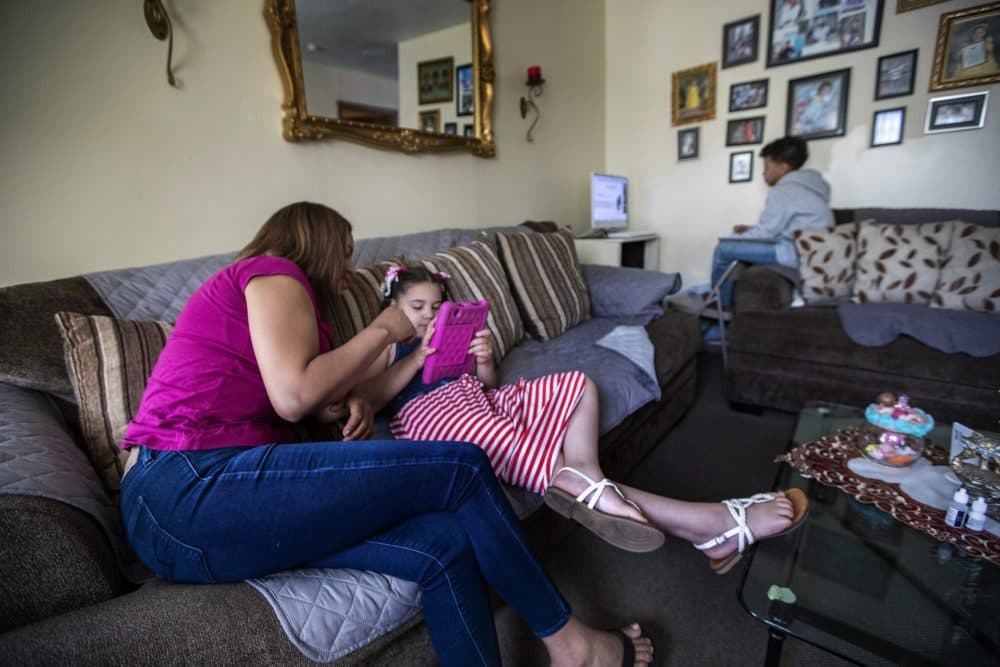
There are plenty of people with money in my city. But other parts are very much mixed-income and there are many of us who can't afford nannies, tutors or participate in pods and I'm not sure the (school) district understands that. Many families like mine feel torn between multiple directions of not wanting to spread or contract the virus while needing schooling for our children. It's an anxiety-inducing, lose-lose situation. -- Kristine, Newton
We have to weigh the social, emotional and educational risks with and against the health risks. Of course, the problem with using risk assessment in parenting is that it requires putting aside emotion and accepting some level of risk for our kids. No parent wants to do that. But we can acknowledge we do it every day when we put them in a car or let them ride their bike to a friend's house. If we let fear dictate our parenting, it's always bad for our kids because instead of reassuring them, we're in control. We become controlling. When we parent from a place of anxiety, we tend to put our needs above our kids. — Ellen O’Donnell, pediatric psychologist, instructor, Harvard Medical School, co-author, “Bless This Mess A Modern Guide to Faith and Parenting in a Chaotic World”
I’m considering getting out of teaching because I can’t be expected to put my students over my own child.
Sarah, Hopkinton
I have been spending most of my wages on hourly childcare. I spend more than my rent on childcare right now. And with Watertown’s remote school start, it looks like I will continue to do so. I am almost out of savings. I don’t know how I can continue to spend so much money on childcare when my income is very modest. -- Megan Morrill, Watertown
Too many people are making decisions and voicing their opinions based on fear, not fact. Maybe some school districts can't get all of the kids back to school for the new school year, but I don't understand why more school districts are choosing to go all virtual, instead of hybrid like my district ... Students need routines, structure, and the opportunity to spend time with other students. -- Heidi Kaufman, Ashland
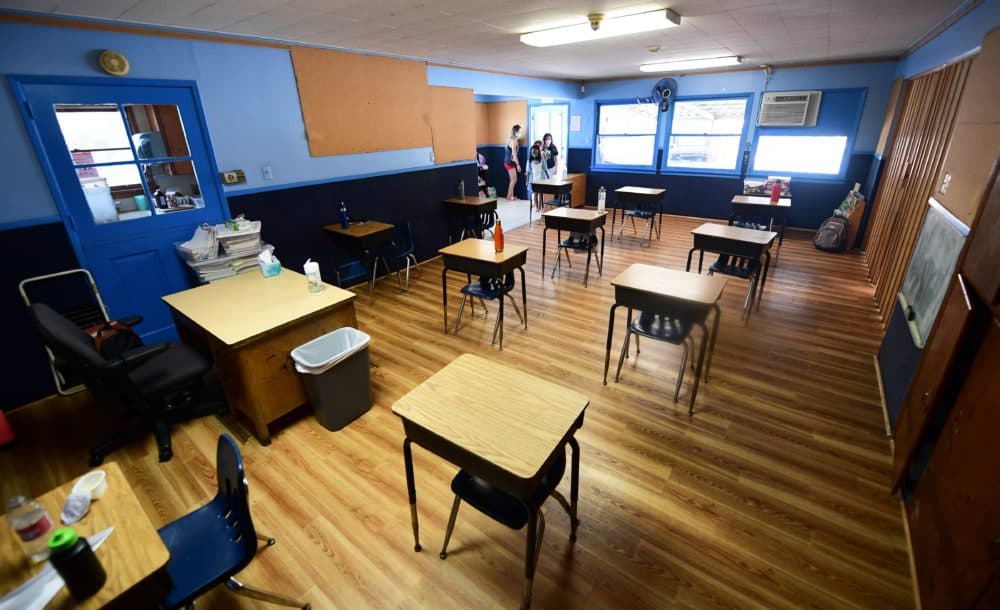
Managing frustration and significant mental health challenges
We are just barely holding on at this point. Our daily ritual includes a lot of arguing and apologizing. Mealtimes are less often happening as a group because we are all desperate for a little space from each other. — Brian, Worcester
In these difficult times, kids may ask, is this going to end? Educators also ask themselves, is this ever going to end? And what's so important is for parents not to sugarcoat this. What kids need is realistic information and no false promises. — Dr. Nancy Rappaport, child psychiatrist, associate professor Harvard Medical School, co-author of “The Behavior Code”
We are just barely holding on at this point.
Brian, Worcester
Counselors and therapists do amazing, essential work to support the social, emotional and mental health of so many of our kids. Should the school building really be the primary — and many times only — way for families to access that support? We shouldn’t need to open schools to take care of each other… we should take care of each other first, so that we can open our schools. -- André Pelletier, Somerville resident and assistant principal, Lexington
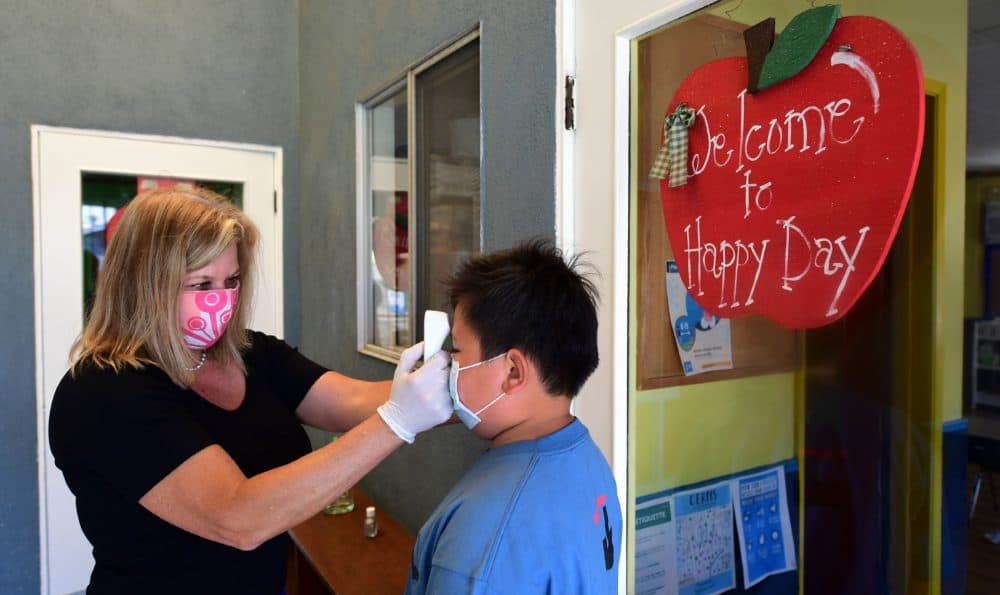
Three of my current students have checked into long term care facilities to get help during the pandemic. One favorite former student took his own life last month. I’m so afraid for the mental health of my students and I don’t know how to help because mine is shredded too. I worry for all of us as the trauma continues to pile up. -- Jessie Young, Arlington
Every day is about mere survival. Getting my job done for the day, keeping everyone fed, trying to keep anyone else from crying and trying not to cry myself. There is not a lot of time or energy for much else, although I’ve tried to spend a little time tending my flowers when I have a rare quiet moment. — Lisa, Ipswich
I worry for all of us as the trauma continues to pile up.
Jessie Young, Arlington
I’m worried about my students' mental health if we are remote and worried about my staff's mental health if we are in the building. -- Karen, greater Boston
Teachers shouldn’t be blamed for the system. We understand that parents need childcare, and we ourselves need childcare, but we are not expendable cogs in a machine and neither are our students. — Camille Napier Bernstein, Franklin
[W]e are housed and employed, we can work from home, we only have one kid, we are former public school employees and this is still hard as hell. I still don't know how we will do it one day to the next. I can't even imagine how much worse it is for so many more. -- Rhiannon, Roxbury
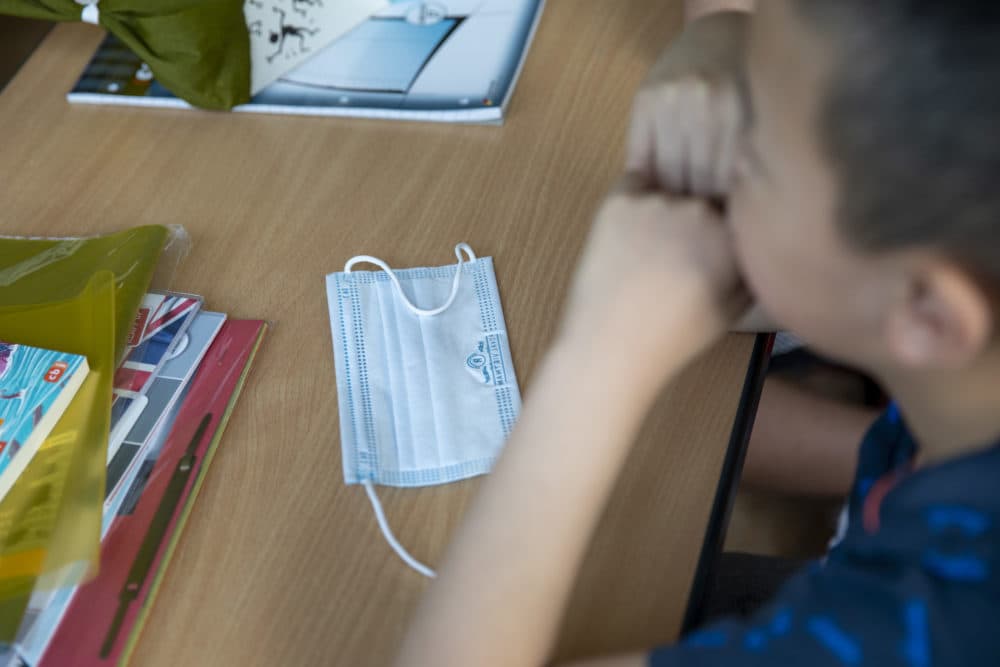
An abiding sadness for the world
I worry that anger and fear will paralyze people and prevent us from coming together to develop creative and innovative strategies all the while children and youth are watching. I worry that people, communities, states, countries will spend time blaming and pointing fingers instead of banning together. -- Sharita Fauche, Collaborative Parent Leadership Action Network (CPlan), Boston
In a perfect world, we would not go back to pre-coronavirus normal. Pre-coronavirus normal was plagued with inequities in every sector of American life. Pre-coronavirus normal was only benefitting less than 1% of the population. As a healthcare provider, it is exhausting to see arguments of personal freedom used to disregard all of our hard work. I understand that this is incredibly unpleasant, but I ask people to think about the healthcare providers who have not slept, who have witnessed true suffering, and who are forever scarred by this experience. I ask people to think about other essential workers — environmental services, food services, administration — who have kept hospitals running and sacrificed their own health to do so. — Josh Barocas, infectious disease doctor, Roslindale
If schools reopen and students enter the classroom, my biggest fear is that one of them contracts COVID, brings it home and infects his/her family members, who later dies of complications. The trauma that would cause the student is unimaginable. -- Nathan Mineo, Essex
Editor's note: Many people helped in the production of this piece, but we’d like to give a special thank you to our colleagues at Edify, Kathleen McNerney and Carrie Jung.
This segment aired on August 20, 2020.

